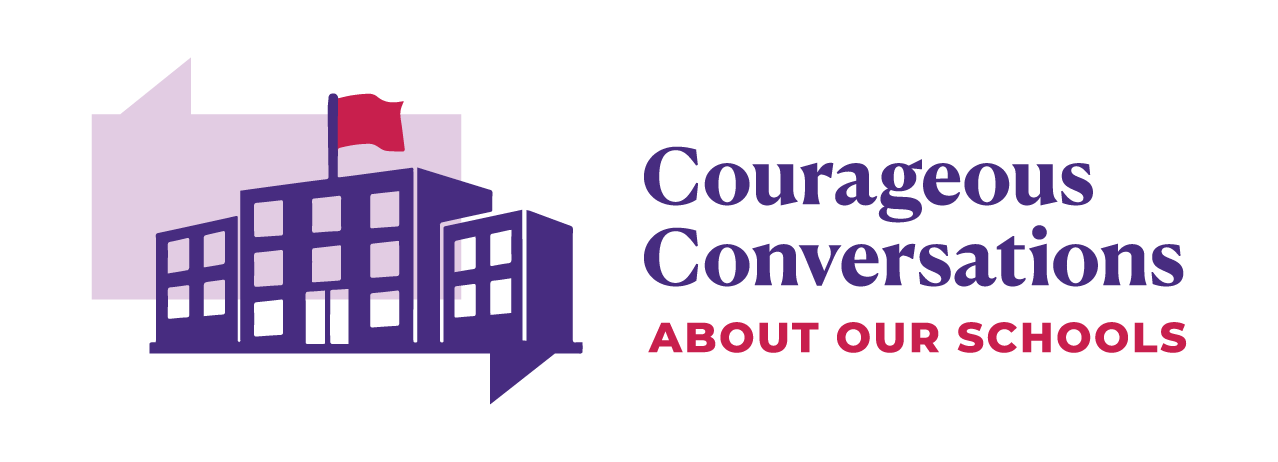Politics in the Classroom in these Divided Times? Now More Than Ever, says Educator Diana Hess (Ep. 24)
Episode Notes
It’s April 2024. Polarization in America is at an all-time high, and another highly contentious election season is fast approaching. Fears about teacher bias and the undue influence they might have over their students has raised suspicions among parents and has led several states to restrict what teachers can discuss with their students — like “divisive concepts” or subject matter that might cause students to feel anguish or discomfort because of their race. In response, many teachers now avoid controversial topics for fear they might be fired or lose their teaching licenses. Some have even quit because the restrictions and the suspicion about their motives has made their already challenging jobs even more difficult.
My guest, Dr. Diana Hess, an educator and researcher who has studied teacher-student interactions, opposes this trend. “I think the job that we have as teachers is to help students understand the political environment in which they live. What are the important current events, what more importantly are the important controversial issues? And I don't think that we can really have a democracy that's going to be sustained without that.” She goes on to say that teachers should not only be permitted to discuss politics and controversial topics with their students, they should be required to do so. “I don't think we can have high quality civic education without current events and controversial issues.”
Hess believes that if concerned parents and policy makers actually spent time in classrooms observing how the vast majority of teachers approach politics and controversies with their students, they’d be pleasantly surprised. “What we know from a lot of empirical evidence,” Hess says, “is that a teacher’s goal…is not to have students adopt their perspective. That is not why people go into teaching…When people go into teaching, they tend to say, ‘I really want to make sure that my students understand what's happening and that my students know enough to form their own views on the political issues of the day,’”
Featured Guests:
Diana Hess is a former social studies teacher, now Dean of the College of Education at the University of Wisconsin and a nationally recognized expert on civic education. Drawing upon extensive research on classroom practices, she argues that in a democratic society, these topics must be part of the curriculum and that teachers can (and most often do) discuss them without being partisan.
The Political Classroom Ethics and Evidence in Democratic Education by Diana Hess
Helping students develop their ability to deliberate political questions is an essential component of democratic education, but introducing political issues into the classroom is pedagogically challenging and raises ethical dilemmas for teachers. Diana E. Hess and Paula McAvoy argue that teachers will make better professional judgments about these issues if they aim toward creating "political classrooms," which engage students in deliberations about questions that ask, "How should we live together?"
Controversy in the Classroom: The Democratic Power of Discussion by Diana Hess
In a conservative educational climate…one of the most serious effects has been for educators to worry about the politics of what they are teaching and how they are teaching it. As a result, many dedicated teachers choose to avoid controversial issues altogether in preference for "safe" knowledge and "safe" teaching practices. Diana Hess interrupts this dangerous trend by providing readers a spirited and detailed argument for why curricula and teaching based on controversial issues are truly crucial at this time.
Related Content:
Do Discomfort, Anguish, and Divisive Concepts Belong in the Classroom? A Conversation about Free Speech in Public Schools? (Ep. 22 of this podcast)
Forbidden Topics: Are Schools Hiding the Truth from Students? (Ep. 7 of this podcast)
Are Teachers Really Indoctrinating Students? (Ep. 1 from this podcast)
Larry Ferlazzo, (2020). “Politics Belongs in the Classroom,” EdWeek.
Charlotte West, (2021). “Should Teachers Be Apolitical?” The Hechinger Report.
Listen & Subscribe
Choose your preferred player:












